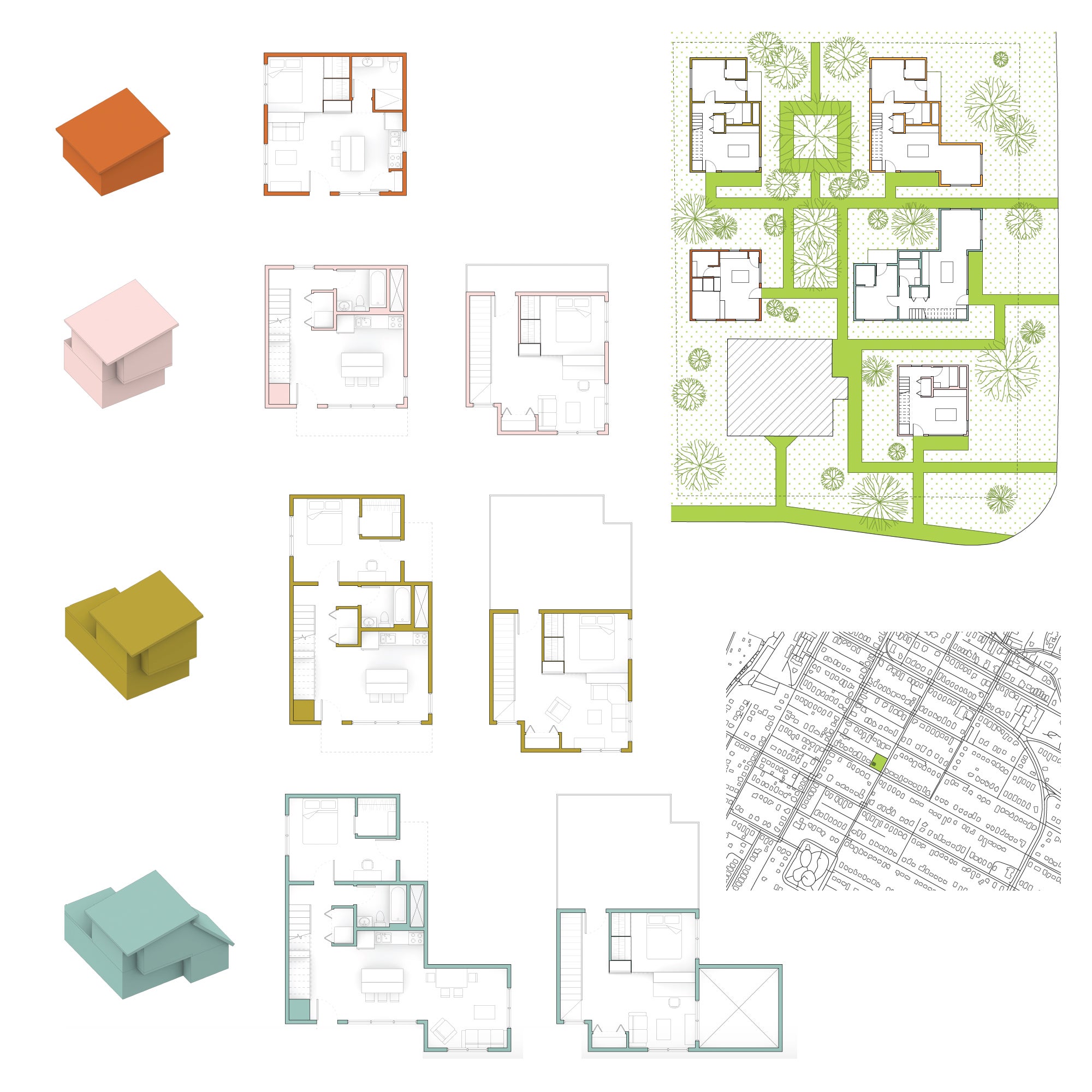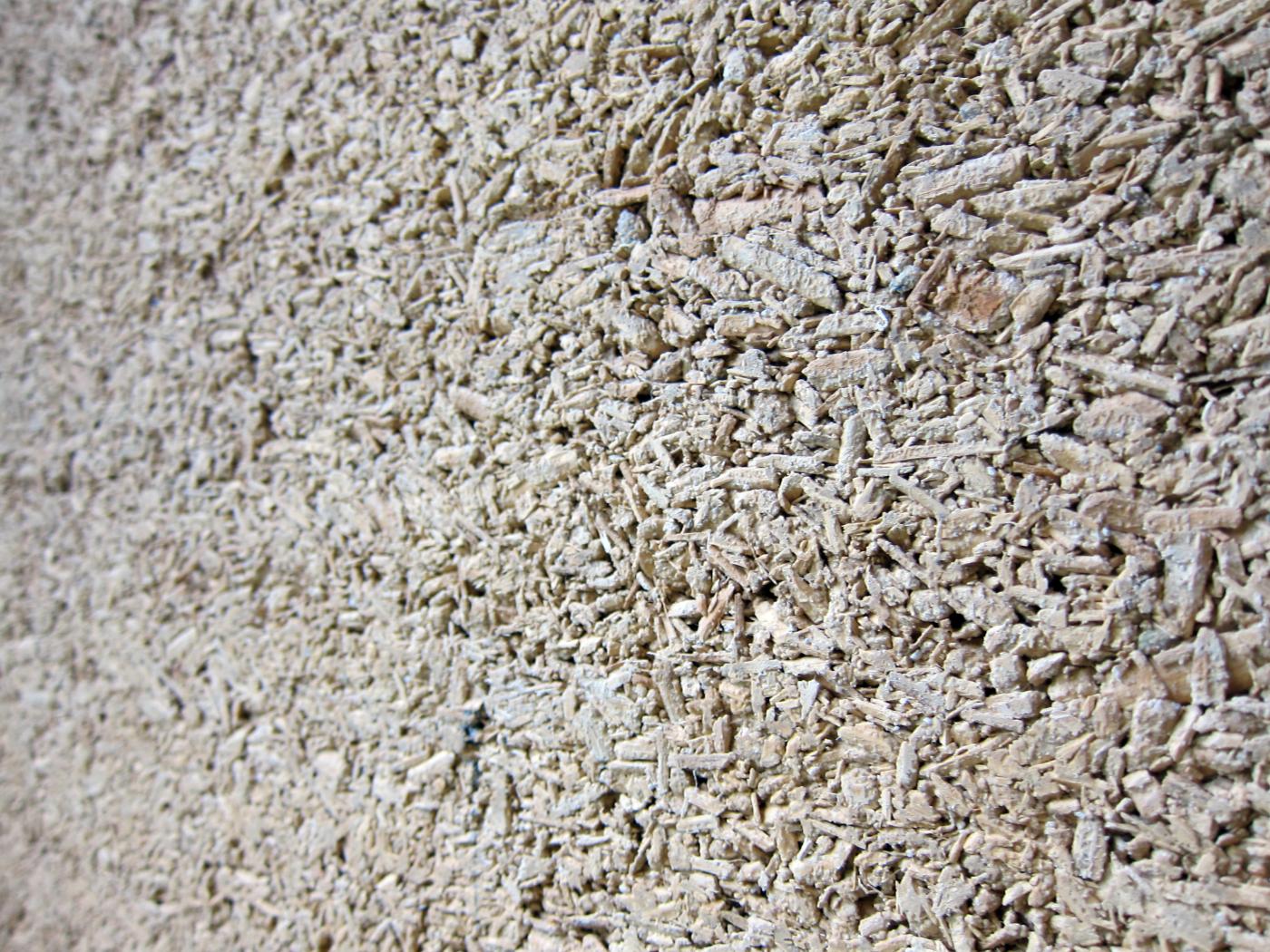
Assistant Professor Mohamed Ismail advances decarbonization of building materials through EI CoLab

On a biannual basis, the Environmental Institute awards grants to UVA faculty in a variety of disciplines that are advancing solutions to tough environmental challenges. In a recent awards cycle, the Institute awarded five projects that represent the novel and interdisciplinary approaches required to develop solutions to some of the most pressing climate crises.
Among the five funded projects includes a CoLab grant for an interdisciplinary research team decarbonizing construction by considering hemp as building material. The team includes the School of Architecture's Assistant Professor of Architecture Mohamed Ismail, alongside colleagues Bryan Berger (Associate Professor, Chemical Engineering), Mike Timko (Professor, Biology; Public Health Science), Osman Osbulut (Professor, Engineering), and Gauruv Giri (Assistant Professor, Engineering).

The CoLab titled "Low Carbon Platform for Biomanufacturing of Nature-Inspired Building Materials," advances the decarbonization of building construction through the adoption and processing of hemp into a range of value-added building material inputs. Hemp is a robust growing, low-input and high-CO2 sequestering crop with a short grow cycle (60–90 days) and high lignocellulosic biomass output (>2 tons per acre), making it an ideal source of renewable materials that do not compete with food crops for land.
The team's work recognizes how critical a fundamental shift in the building and construction industries is to curbing climate change. The built environment is responsible for over 37% of anthropogenic carbon emissions, requiring novel materials and practices to reduce both the embodied and operational carbon emissions of new and existing construction.
In April 2024, the U.S. Department of Energy (DOE) released its first-ever federal blueprint to decarbonize the country's buildings sector. The comprehensive plan lays out steps to reduce greenhouse-gas emissions from buildings by 65% by in the next 10 years and 90% by 2050. The DOE, in collaboration with the Department of Housing and Urban Development (HUD), the Environmental Protection Agency (EPA, and other federal agencies, developed the plan to address the growing environmental and economic costs of construction, as "buildings account for more than one third of domestic climate pollution and $370 billion in annual energy costs."
The DOE plan highlights four strategic objectives, one of which in particular, encompasses the CoLab's larger goals: minimizing the emissions from producing, transporting, installing and disposing of building materials. The UVA research team aims to advance novel and renewable building materials in a comprehensive way, considering full lifecycles and eliminating as much waste as possible.
Their research will build on prior published work that described a solvent-free process to generate hemp fiber particles, and the conversion of these particles into fermentable sugars to produce value-added chemicals. The project plans to expand on this work to optimize processing and particle material properties as inputs into architectural and structural materials and use fermentation to produce mycelium-based materials as one specific, value-added bio-based material input that can be engineered for function.
Focusing on zero waste, the team plans to convert residual biomass post-processing into biochar as an input into concrete. Moreover, they will investigate the use of different hemp cultivars to identify those that can be grown to high density in a cost-effective manner for use in downstream processing.
Collectively, the outcomes of this work will lead to a wide range of bio-based materials and applications for use in decarbonizing building materials, as well as establish a platform for future bio-based material development and production.
This research also builds upon Assistant Professor Ismail's longstanding research on the design and development of low-cost, low-carbon structural components for housing in developing regions of the world.
Source: “DOE Releases First Ever Federal Blueprint to Decarbonize America's Buildings Sector.” The Department of Energy, 2 April 2024, www.energy.gov/articles/doe-releases-first-ever-federal-blueprint-decarbonize-americas-buildings-sector.


